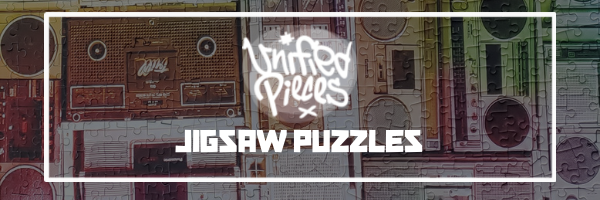The practice of mindfulness involves focusing our attention on the present moment, accepting it without judgment. It’s a simple concept, but it can be challenging to achieve in our fast-paced world. Interestingly, a seemingly simple activity like solving a jigsaw puzzle can actually serve as a pathway to mindfulness.
Focusing on the Present
Engaging with a jigsaw puzzle naturally draws your focus to the present moment. You must examine each piece, considering its shape, color, and how it might fit into the bigger picture. This level of attention to detail can be likened to the heightened awareness promoted by mindfulness.
Slowing Down
In our digital age, we’re often jumping between tasks at lightning speed. Jigsaw puzzles, however, require us to slow down. The process of completing a puzzle is not typically a speedy one; it demands patience and time, reminding us to appreciate the journey rather than rushing to the destination.
Encouraging Acceptance
In mindfulness practice, acceptance of the present moment is key. Similarly, in solving a puzzle, we must accept the challenge as it is. We can’t force pieces to fit where they don’t belong; we must accept and work with what we have, a skill that transfers well to everyday life.
Promoting Calm
Mindfulness is often used as a technique to reduce stress and promote calm, and jigsaw puzzles can have the same effect. The gentle focus required to solve a puzzle can help calm the mind, reducing anxiety and creating a sense of peace and relaxation.
Providing a Break from Digital Distractions
In a world full of screens, jigsaw puzzles provide a rare opportunity for digital detox. This break from digital distractions can open up space for mindfulness, helping us to reconnect with ourselves and the world around us.
In conclusion, the seemingly simple task of solving a jigsaw puzzle can open the door to the practice of mindfulness. It allows us to focus on the present, slow down, accept the challenge at hand, and create a sense of calm, ultimately serving as a valuable tool in promoting mental well-being.

